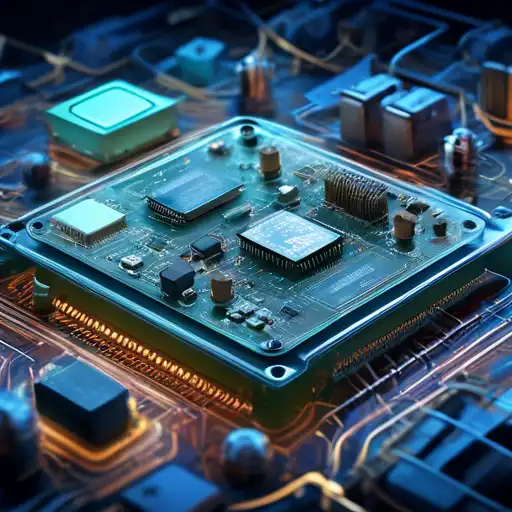The Hidden Heroes: How Embedded Systems Power Our Smart Devices
In the digital age, smart devices have become ubiquitous, seamlessly integrating into our daily lives. From smartphones to smart refrigerators, these devices rely on the unsung heroes of technology: embedded systems. These compact computing systems are the brains behind the operation, enabling devices to perform specific tasks efficiently and reliably.
What Are Embedded Systems?
Embedded systems are specialized computing systems that perform dedicated functions within larger mechanical or electrical systems. Unlike general-purpose computers, which are designed to handle a wide range of tasks, embedded systems are optimized for specific tasks, offering enhanced performance and efficiency.
The Role of Embedded Systems in Smart Devices
Smart devices leverage embedded systems to process data, execute commands, and interact with users and other devices. For example, a smart thermostat uses an embedded system to monitor temperature, learn user preferences, and adjust settings automatically, ensuring optimal comfort and energy efficiency.
Key Components of Embedded Systems
- Microcontrollers: The heart of an embedded system, microcontrollers are compact integrated circuits that contain a processor, memory, and input/output peripherals.
- Sensors: These components collect data from the environment, such as temperature, light, or motion, which the system uses to make decisions.
- Actuators: Actuators convert electrical signals into physical actions, such as turning on a light or adjusting a motor's speed.
- Software: The software in embedded systems is tailored to the device's specific functions, ensuring efficient operation.
Benefits of Embedded Systems in Smart Devices
Embedded systems offer numerous advantages, including:
- Efficiency: Optimized for specific tasks, embedded systems consume less power and resources than general-purpose systems.
- Reliability: With fewer moving parts and dedicated functions, embedded systems are highly reliable and durable.
- Cost-effectiveness: The specialized nature of embedded systems reduces production costs, making smart devices more affordable.
Future Trends in Embedded Systems
The future of embedded systems is bright, with advancements in IoT (Internet of Things) and AI driving innovation. These technologies are enabling smarter, more connected devices that can learn from user behavior and interact with other devices seamlessly.
Conclusion
Embedded systems are the cornerstone of modern smart devices, providing the intelligence and functionality that make these devices indispensable. As technology continues to evolve, embedded systems will play an even greater role in shaping the future of smart devices, making our lives more convenient, efficient, and connected.
